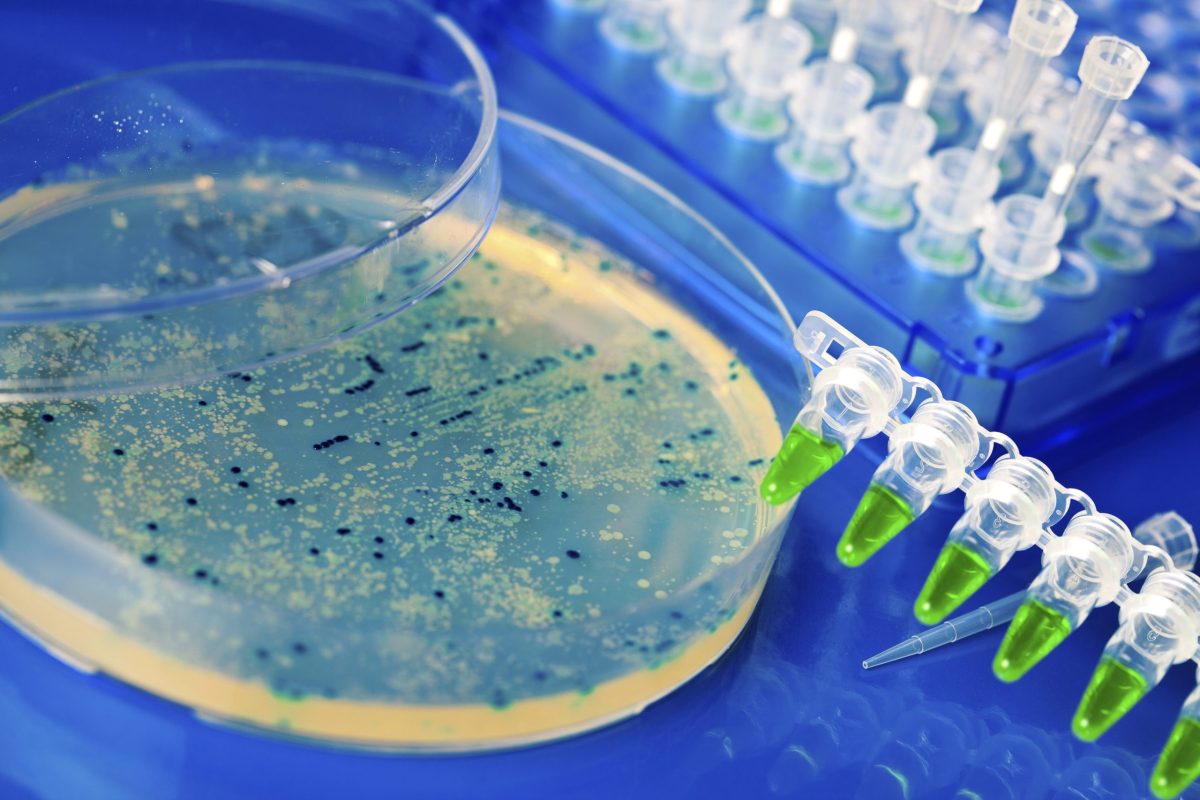Development of SYN-004,an oral beta-lactamase treatment to protect the gut microbiome from antibiotic-mediated damage and prevent Clostridium difficile infection
ImQuest assisted with bacterial microtiter plate assays to support the the recent publication in Anaerobe. See the abstract below:
Abstract
The gut microbiome, composed of the microflora that inhabit the gastrointestinal tract and their genomes, make up a complex ecosystem that can be disrupted by antibiotic use. The ensuing dysbiosis is conducive to the emergence of opportunistic pathogens such as Clostridium difficile. A novel approach to protect the microbiome from antibiotic-mediated dysbiosis is the use of beta-lactamase enzymes to degrade residual antibiotics in the gastrointestinal tract before the microflora are harmed. Here we present the preclinical development and early clinical studies of the beta-lactamase enzymes, P3A, currently referred to as SYN-004, and its precursor, P1A. Both P1A and SYN-004 were designed as orally-delivered, non-systemically available therapeutics for use with intravenous beta-lactam antibiotics. SYN-004 was engineered from P1A, a beta-lactamase isolated from Bacillus licheniformis, to broaden its antibiotic degradation profile. SYN-004 efficiently hydrolyses penicillins and cephalosporins, the most widely used IV beta-lactam antibiotics. In animal studies, SYN-004 degraded ceftriaxone in the GI tract of dogs and protected the microbiome of pigs from ceftriaxone-induced changes. Phase I clinical studies demonstrated SYN-004 safety and tolerability. Phase 2 studies are in progress to assess the utility of SYN-004 for the prevention of antibiotic-associated diarrhea and Clostridium difficile disease.
Kaleko et al.
Contact us to learn more about about our microbiology testing services for aerobic and anaerobic organisms.



